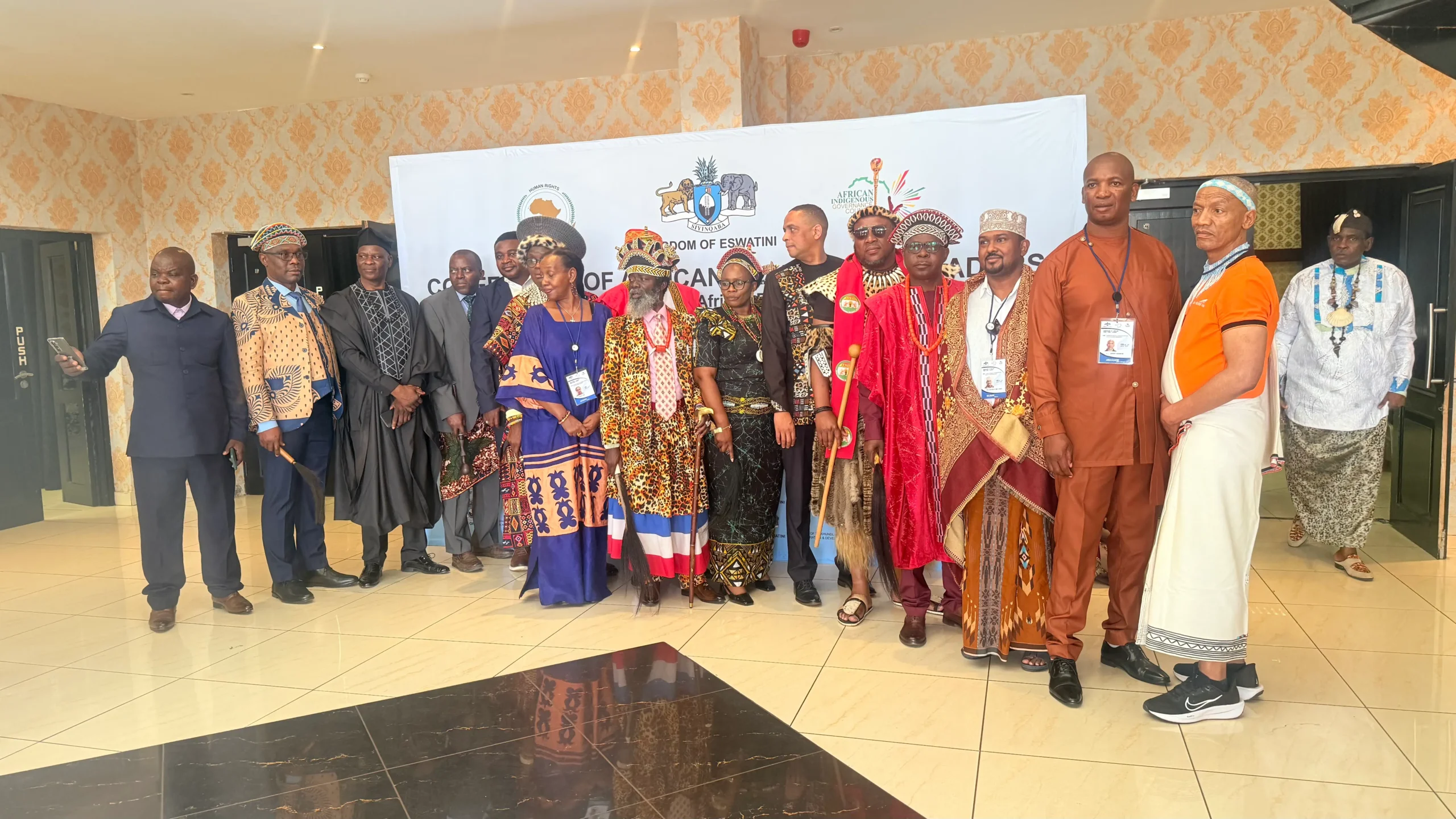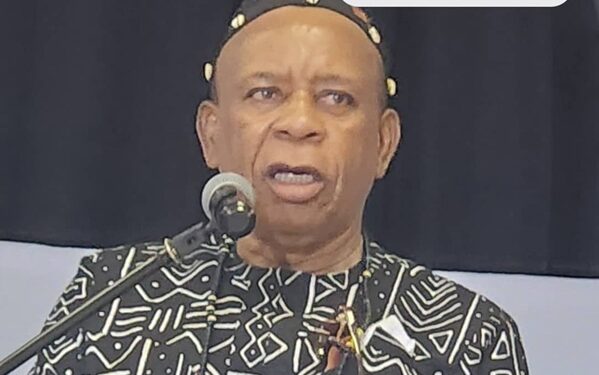Manzini, Eswatini — The 5th of September 2025 has been recorded in the history books. The Esibayeni Conference venue became the beating heart of Africa’s traditional leadership, as a distinguished assembly of Kings, Queens, Chiefs, Princesses and Ambassadors gathered for a ceremonial and strategic event that marked a turning point in the continent’s approach to indigenous governance. The afternoon began with a closed session reserved for traditional and diplomatic dignitaries, where matters of legacy, history, leadership and continental unity were discussed with solemn clarity. This was no ordinary meeting, it was a rehearsal for the African Indigenous Governance Conference (AIGC), which Eswatini will host next year with full ceremonial grandeur.

As the day progressed, the official opening welcomed a wider audience into the fold. HRM Dr Robinson Tanyi, President of AIGC and convener of the gathering, delivered an address that resonated with purpose. “This is a rehearsal of legacy,” he said, “a moment to align our traditional institutions with the future we must build.” His words set the tone for a gathering that was both reflective and visionary.
The Deputy Prime Minister of the Kingdom of Eswatini, Honourable Thulisile Dladla, followed with a keynote that reaffirmed the continent’s cultural foundations. “This forum marks a defining moment for our continent,” she declared, “as we reaffirm the value of our traditions, our indigenous governance and the cultural heritage that has sustained African societies for centuries.” Her message was clear: Africa’s future must be shaped by the wisdom of its past.
Adding continental weight to the occasion, Hon. Dr. Litha Musyimi-Ogana, African Union Commissioner, praised the swift and strategic engagement of His Majesty King Mswati III. “These talks began earlier this year,” she noted, “and His Majesty has broken the record with an extraordinary turnaround time. Eswatini has shown that tradition, when led with purpose, moves with remarkable speed.”
Representing the monarch, the royal Prince spoke with quiet authority. “Eswatini stands as a good example of how traditional systems and modernity can be employed as a hybrid system,” he said. His remarks reflected the Kingdom’s unique position as a bridge between ancestral wisdom and contemporary governance.
Then came the moment that lifted the gathering into rhythm and reverence. A troupe of dancers entered the hall with a performance that transcended entertainment. Their movements, rooted in ancestral rhythm and ceremonial precision, summoned the spirit of the land. Clad in traditional regalia, they danced not for applause, but for invocation, offering a glimpse into the upcoming Umhlanga Reed Dance, Eswatini’s sacred celebration of renewal, royalty and womanhood.
The energy in the room surged. Delegates, moved by the depth and beauty of the performance, began throwing banknotes onto the stage, South African Rands, US Dollars and other currencies fluttered through the air in spontaneous tribute. It was not a gesture of extravagance but of honour. The stage became a platform of appreciation, where tradition met generosity in a moment of shared joy.
As the event drew to a close, one phrase lingered in the minds of many. Though he did not speak at the end, the words of the City of Manzini Administrator earlier in the day rang true: “Everything huge happens in Manzini.” Today, those words were not just uttered, they were embodied.
This was not merely a rehearsal. It was a declaration. Africa’s traditional leaders are not waiting to be remembered. They are ready to lead. And Manzini, with its regal clarity and cultural depth, stands at the centre of that journey.
By Ambassador Godfrey Madanhire who is a delegate to the African Indigenous Governance Conference and a leading voice in continental advocacy, cultural diplomacy and institutional legacy. He serves as Diplomatic Envoy for the State of the African Diaspora and Chief Operations Officer of Radio54 African Panorama.





























